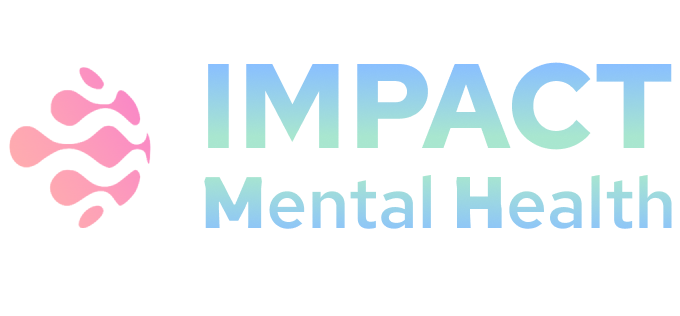Project Number
1UF1MH135991-01A1
Awardee Organization
ALBERT EINSTEIN COLLEGE OF MEDICINE
Program Official
SARAH ELIZABETH MORRIS
Project Description
The proposed work will enhance clinical prediction for individuals with serious mental illness (SMI), across diagnoses, by incorporation of novel, scalable cognitive measures that can be delivered in acute inpatient settings (for clinical screening), outpatient settings (for identifying time periods of relative risk), and in ethnoracially diverse populations. Our overall goal is to improve prediction of mental health outcomes and clinical decision-making through the validation and integration of dynamic cognitive phenotypes (novel and innovative measures that capture fluctuations in cognition and behavior over time) in clinical care.
Aim 1: We will recruit 1500 participants across five inpatient psychiatry units (four adult, one nondementia geriatric) at McLean Hospital that provide care to individuals with the highest levels of clinical severity. In this group, we will use a combination of brief cognitive ecological momentary assessment (over 3 days), actigraphy, and clinical records to prospectively predict clinical health outcomes, including change in transdiagnostic symptoms, change in suicidality, length of stay, and 12-month hospitalization (from electronic health records). Dynamic cognitive phenotypes derived from time series data (including slope of cognitive change, diurnal cycle, volatility, cognition/symptom coupling) will be used to improve prediction.
Aim 2: 250 participants will be followed post-discharge to collect longitudinal cognitive ecological momentary assessment (EMA) data and build personalized models of clinical risk.
Aim 3: We will evaluate generalizability and transfer learning of clinical prediction models from Aims 1-2, applied to 250 ethnoracially diverse participants with elevated psychiatric symptoms recruited from Bronx County, New York who are patients in the Montefiore Health System.
Aim 4: We will adapt cognitive assessment to ensure broad usability among culturally- diverse participants including those with low English literacy through participatory design sessions and large- scale online data collection.
Across aims, the project will incorporate structured and ethical return of individual results to patients, clinicians, and volunteers to enhance the potential for clinical integration and support engagement and trust among diverse perspectives. This project is significant as it will improve risk stratification, allowing resources to be directed to those most in need and during risk periods when timely intervention can most improve clinical outcomes. Successful completion of the aims will create low-cost and scalable cognitive prediction tools that can be widely disseminated (as part of existing dissemination infrastructure) for screening and personalized prediction across clinical settings and in diverse populations.
Public Health Relevance Statement
The proposed project will develop and validate methods to quantify fluctuations in cognitive information processing for clinical prediction models to (1) identify at-risk individuals, and (2) identify risk periods, enabling timely interventions to improve time to recovery, prevent symptom escalation, and reduce hospitalizations. Further, we will validate our assessment tools and prediction models in ethnoracially diverse communities to ensure generalizability and improve mental health equity.



